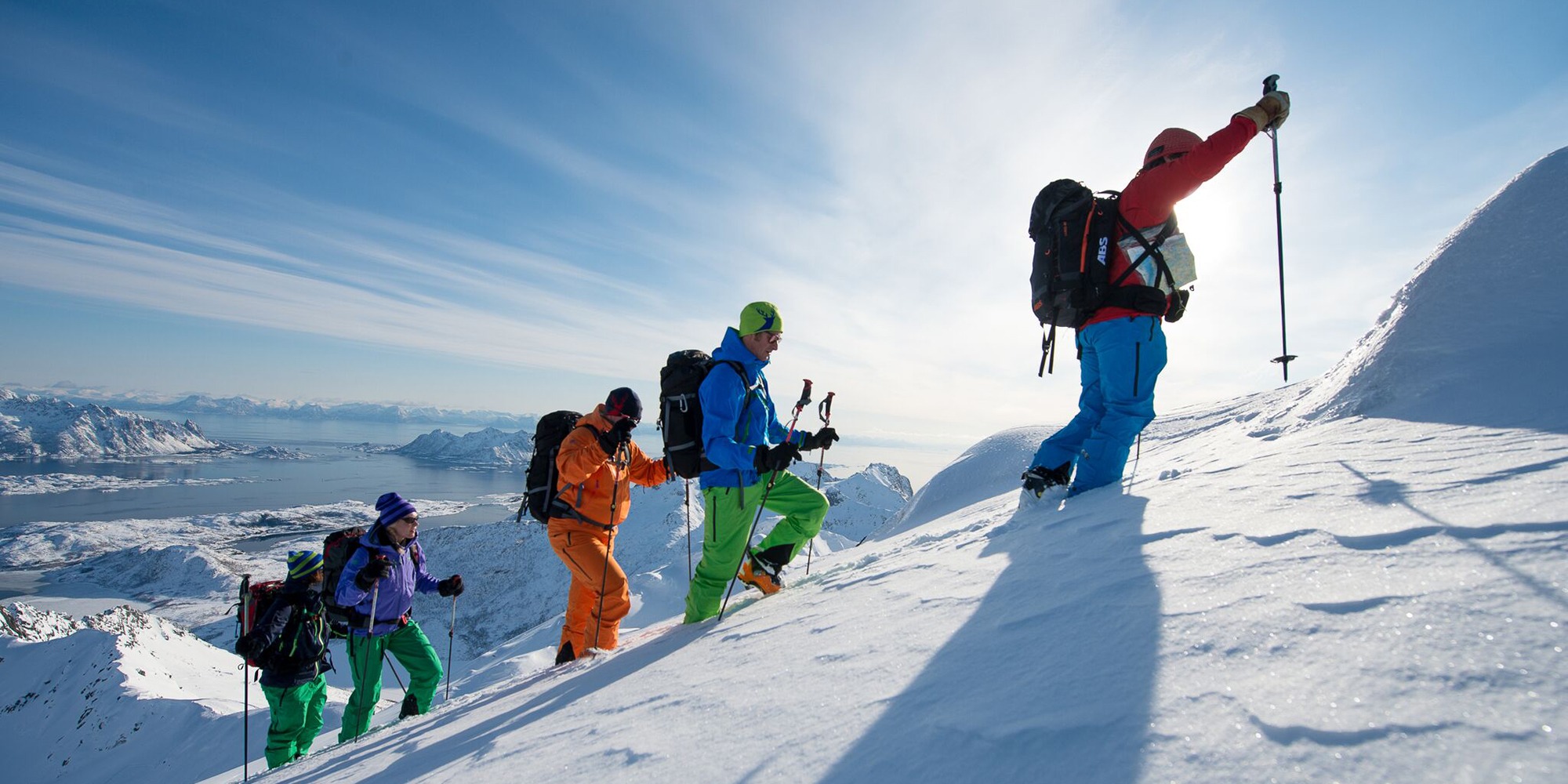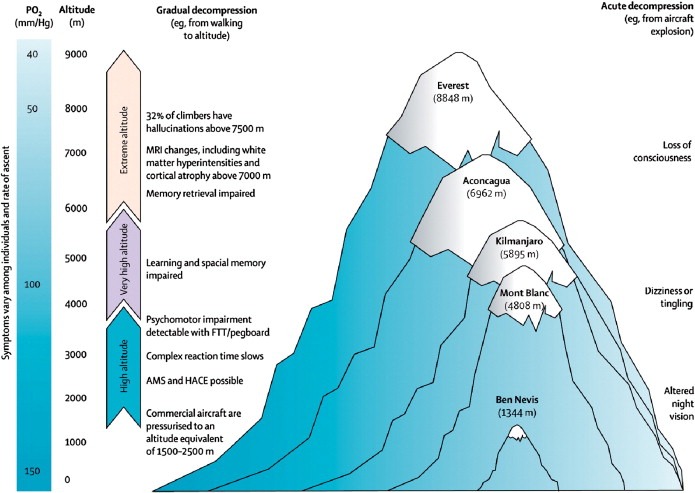 Online Since 2001
Online Since 2001
 Online Chat
Online Chat
 Order Before 1pm, DPD Next Day Delivery
Order Before 1pm, DPD Next Day Delivery
 Online Since 2001
Online Since 2001
 Online Chat
Online Chat
 Order Before 1pm, DPD Next Day Delivery
Order Before 1pm, DPD Next Day Delivery

We all love the adrenaline of high-altitude ski touring, taking in the views of the mountain top. Before you get this high up the mountain you should be altitude trained, you should acclimatize slowly, this will allow you to achieve your ski touring goals without getting sick.
Snowsafe breaks down the symptoms of altitude sickness and top tips for acclimatizing and avoiding altitude sickness:
The best way to prevent altitude sickness is by planning your ski touring route and itinerary before setting off, as Benjamin Franklin once said “By failing to Prepare, you are preparing to fail”
This planning procedure also allows you to investigate avalanche risk, health and safety and equipment checking.
While you might be accustomed to short ski tours and your used to taking part in them, it’s different when your touring multiple days at high altitudes, no matter how strong or fit you are.
It’s recommended that you don’t climb more than 300 metres (1,000 feet) a day above altitudes of 3,000 meters (10,000 feet).
You should always follow the golden rule of “climb high and sleep low”, When you climb high and sleep low, all you’re doing is climbing to a new, higher altitude during the day, then dropping back down in altitude for the night.
This strategy helps your body to acclimatize to the thinner air. You’re introducing your body to the strains of a higher altitude, but then giving it an overnight respite.
What you might think is altitude sickness might actually be dehydration, caused by the higher rate of water vapor lost from the lungs at higher altitudes.
You should avoid caffeine and alcohol at all costs as this can increase the likelihood of dehydration, If it’s humid and you’re losing a lot of water through perspiration, maintain an electrolyte balance with sports drinks targeted specifically for this purpose.
You should drink around 3 litres of water a day when ski touring.
Weight loss is a concern when spending a lot of time at high altitudes. With a lot of ascents and descents, this can really make you sweat which over a few days can reduce your weight.
You want your body to get enough energy to fuel your adventure. If you’re losing weight on your trip, that is a sign that you need to eat more.
Eating more calories can be helpful to aid your body in adapting to altitude and exercise. It can also help your immune system, which can be compromised at higher altitudes.
As mentioned previously, you can be accustomed to multiple days of ski touring but ski touring at altitude is a diffferent question even if you are physically really fit, you should ascend slow and below your normal pace.
The rate at which you ascend, the altitude you are touring and your level of physical activity are all contributing factors to altitude sickness.
In the itinerary of the highest altitude ski tours, there will be acclimatization days, roughly every 3 days of touring. This allows you to rest and allows your body to adjust to the reduced oxygen in the air.

If symptoms of HAPE ( High Altitude Pulmonary Edema or HACE (High Altitude Cerebral Edema) start presenting themselves, begin your descent immediately and never continue ascending to a higher altitude, even if it’s just to spend the night.
Dexamethasone may assist in facilitating the descent but it will only help to improve the symptoms, without improving the body’s acclimatisation. Nifedipine may be used to lower pressure in the pulmonary blood vessels of those experiencing HAPE and help decrease fluid in the lungs or Sildenafil (viagra) is another option.
A good test for HACE is the “Tandem Gait Test”, with the person walking heel to toe in a straight line. If they cannot remain in a straight line, then they may be experiencing HACE.
HAPE & HACE are usually more common when trekking, however, you should follow the same guide when ski touring.
It’s important to pick a ski tour backpack that is comfortable, doesn’t weigh your body down and cause fatigue.
The right volume for a ski tour is around 30 – 40 litres and make sure it is hydration system compatible.
It’s important to stay safe and have the correct training when skiing or snowboarding off-piste please check out further blogs below:
If you would like to feature a blog about your organisation or experience in the snow please feel free to contact us on info@snowsafe.co.uk or 01273 003925 We are happy to take guest blogs linking back to your website.